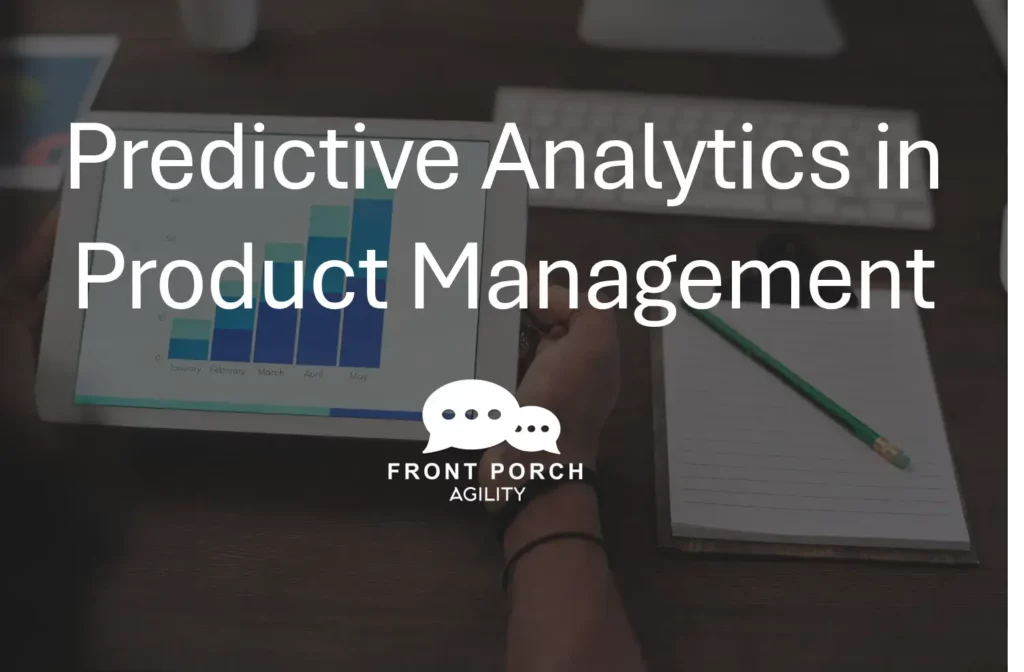
In the fast-paced world of product management, traditional forecasting methods are no longer enough. That’s where time series & forecasting predictive analytics powered by AI comes in – it’s like having a crystal ball that can help you anticipate trends, uncover hidden opportunities, and make better, data-driven decisions.
Let’s explore how predictive analytics defined can give you a competitive edge in product management.
The Power of Prediction
- Forecasting Demand: AI analyzes historical sales data, market patterns, and even social media sentiment to predict future product demand. This helps you optimize inventory levels, prevent stockouts, and capitalize on emerging trends.
- Pinpointing Pricing Potential: Predictive analytics can help you determine the optimal price point for your products or features, considering factors like competitor strategies, customer willingness to pay, and overall market conditions.
- Churn Prediction: AI can identify customers likely to churn by analyzing their behavior patterns. This lets you proactively intervene and improve customer retention.
- Feature Success Predictors: Before investing in new features, AI tools can analyze user feedback and usage data to forecast the potential adoption and impact of prospective features.
AI Forecasting Tools in Action
- Data-driven demand planning platforms: These tools integrate with sales and inventory systems to predict customer demand across different timeframes and geographies.
- Price optimization solutions: AI algorithms analyze vast sets of market data and recommend pricing tactics to maximize revenue.
- Customer churn prediction models: These tools identify at-risk customers and suggest retention strategies tailored to their needs.
- Feature prioritization platforms: AI can guide your roadmap by predicting the features most likely to drive user engagement and increase product value.
In addition to predictive analytics, embracing agile product development methodologies can further enhance your product management strategy.
Getting Started with Predictive Analytics
- The Importance of Data: Accurate predictions depend on rich, well-organized data. Focus on clean data collection processes across sales, customer support, and product usage metrics.
- Choose the Right Tools: Research AI forecasting tools specific to your needs, whether focused on demand forecasting, pricing, or feature prioritization.
- Collaboration is Key: Involve data scientists or analysts to help you build and interpret predictive models effectively.
The Future of AI-Powered Product Forecasting
Predictive analytics in product management is still evolving. As AI becomes more sophisticated, expect to see even more nuanced insights and personalized recommendations. By embracing this technology, you’ll be well-positioned to develop products that resonate with your market and drive business success.
Would you like examples of popular AI forecasting tools for specific areas of product management? Let’s talk about it in the comments! AI is changing the game for product management. Want to see how? Check out our micro-course on AI for Product Management for more insights!

 0
0 
